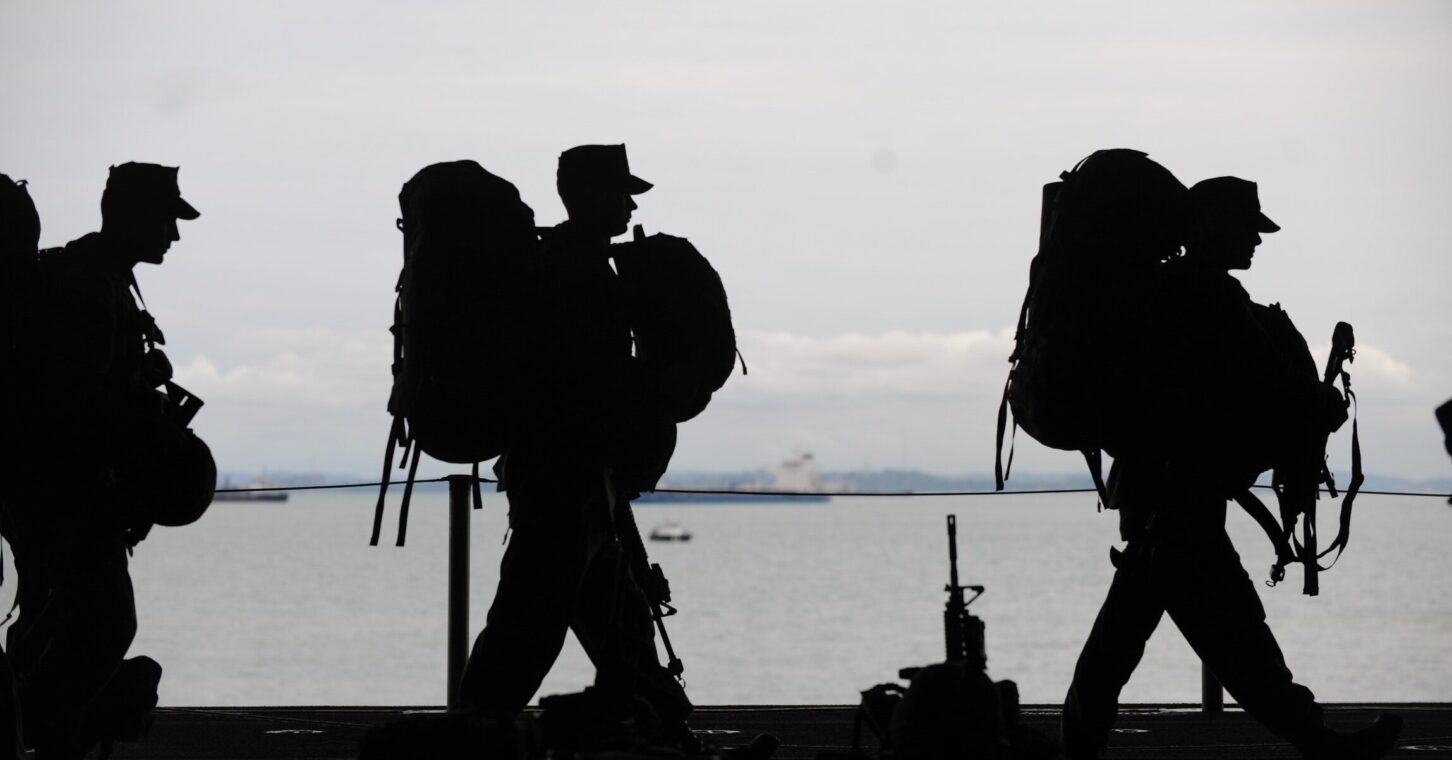
Friday is Veterans Day.
For many people, this is another federal holiday to lounge around at home. But let’s approach the day with a different mindset. Veterans will appreciate it.
Many of the veterans I’ve met and interviewed throughout my 20 years as a journalist complain they feel overlooked, misunderstood or in worst cases, isolated.
With every passing year, it seems fewer and fewer people attend Veterans Day or Memorial Day ceremonies. The organizers, almost all of whom served in the military, notice this trend. They lament that people no longer care enough to honor their sacrifice.
This week I spoke with my close friend — and veteran — Bart Lewis. Bart visited military recruiters less than one week after 9/11 and enlisted in the Marines. In Afghanistan he carried out three combat deployments. Bart jokes that he spent so much time in that country that he can now claim Afghani citizenship.
Bart and I talk often about collaborating on a book about his military days. Maybe one day, when life slows down and time permits, we’ll write about them.
But for this column, Bart discussed how he adjusted to civilian life. He also discussed the startling ways people treat him once they learn he’s a veteran — based upon misconceptions force-fed by the media.
“I thought it would be [easy to adjust to civilian life], but the military doesn’t prepare you well to get out. I don’t know if that is a slight against the military itself or our government as a whole. You get out thinking you are normal, basically, and then, slowly, over the next few months or a year or two, things will happen, and you will go through experiences that make you realize you are not normal anymore,” Bart said.
“It makes it easy to become withdrawn from society, and that is why a lot of veterans become isolated. You are taken from friends you spent four years with and grew so close to and created so many bonds over the years with. You are thrusted into civilian society, where you figure you can make more friends, but it’s not the same whatsoever. There are people who look at you like you are different.”
Many people thank Bart for serving, but, as he went on to say, other people look upon veterans as broken individuals.
“I used to proudly tell people that I served in Afghanistan. And people say ‘Oh my God, I am so sorry.’ From the way they said it, you would think I just found out I had cancer,” Bart said.
“It is not a good feeling. And I think ‘Wait a minute. I don’t want you to pity me. I volunteered to do something for my country and to make the world a better place. I didn’t do it because someone forced me into it.’ Even the veterans who have lost appendages — people missing a hand or missing a leg — feel this way. Don’t give them pity. They don’t want it.”
Most veterans, Bart said, are highly productive members of society and strive to make the United States a better place.
Bart suggested that anyone who wants to honor veterans this Friday should invite them to a barbeque.
“Treat them normal and allow them to talk about what they want to talk about as far as their pasts are concerned. It is not like we want a whole lot. We are basically taught and trained to get used to sacrifice and living rough anyway,” Bart said.
“The main thing I don’t like is when I meet someone, and they pity me when they find out I am a combat vet. That is not a fair assessment of me at all.”
Veterans have earned the respect of a grateful nation. They do not expect us to recognize their service, but they appreciate it when we do. After you finish reading this column, Google a list of Veterans Day events in your area. Attending one or more of them is well worth your time.